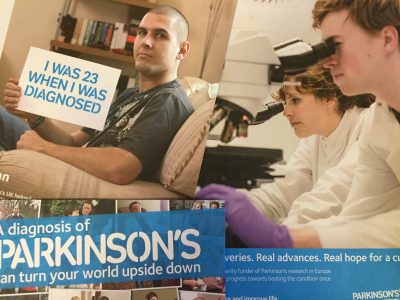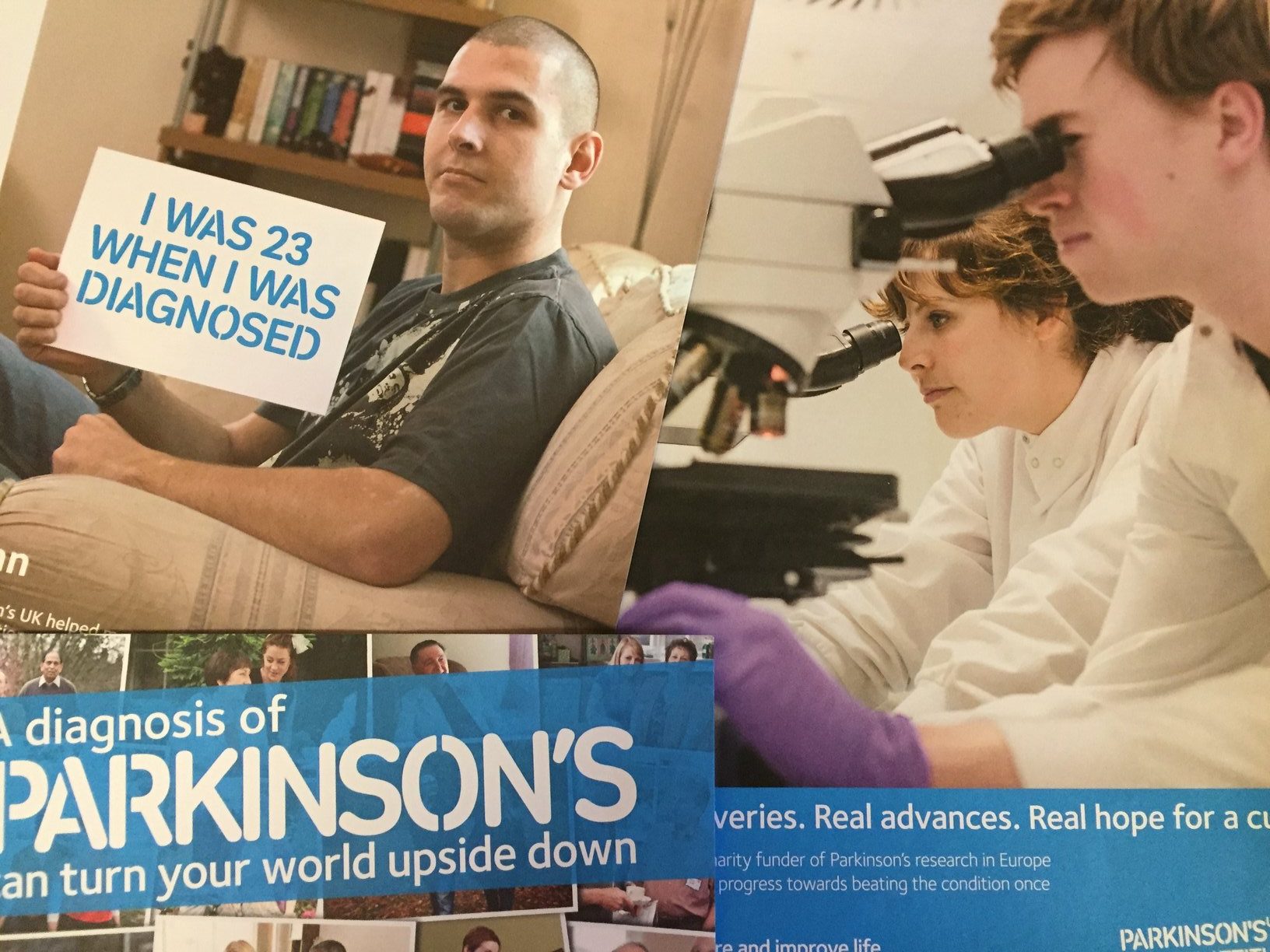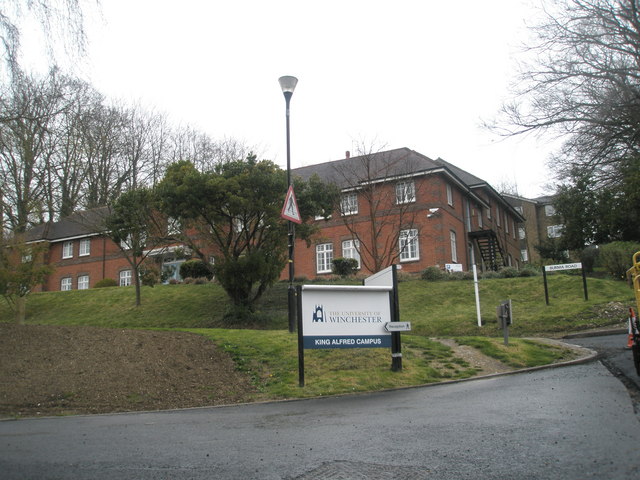“And five, six, seven, now a slow turn, there you go”. The steps filling the room are flowing at the sound of the music. Gracious figures moving to the melody and smiles are plastered in most faces. But some show signs of fatigue and their movements are slightly slower than their peers. “Now again from the top people!” The class goes on as two teachers keep an open eye.
The dance classes, which first appeared in London, have been taking place in Bournemouth for three years and are now expanding. Sherborne is having its first class on the 26th of April and Dorchester is soon to follow.
The teachers are trained specialists in dance for people who suffer from Parkinson’s. What they are looking for here is not only for people to have fun and let loose, but also letting their bodies relax and their limbs lengthen.

The routines are kept from week to week as the repetitive actions help the body to strengthen and control itself better. The dance classes help people who struggle with Parkinson’s to improve their balance, movement and coordination.
One person in every 500 has Parkinson’s and that is about 127,000 people in the UK. Parkinson’s is a progressive neurological condition, it causes problems in the brain and it gets worse over time. There’s still no cure.
Although most people who suffer from the disease are over 50, there are several cases of younger people showing symptoms. They present tremors, their hands and bodies shaking so much that what seems the most mundane task takes gigantic portions. They suffer from stiffness, making it difficult to turn around, getting out of a chair or even writing. Their movements become slower, taking longer for them to do things.
“The person in front of you who can’t get their money out of their purse in the supermarket cue, they are not being annoying, they just might have Parkinson’s and it is even more annoying for them not being able to do it,” Christine Orange, Bournemouth support worker at Parkinson’s UK, warns.
As the chorus for the song hits, everyone starts singing at the top of their lungs. All tension is now left behind, their disease is locked outside the room where all they do is count their steps, the song’s tempo and sing their hearts out.

“I might have Parkinson’s, but Parkinson’s doesn’t have me.”
Ms Orange emphasises the importance of the message, “We do our best to show people that they are not defined by this disease and they are still in charge of their life. We encourage them to stay positive, active like the dance classes, and socializing.” This is not a disease of one and being able to talk to people who understand the struggle helps lift the weight.








